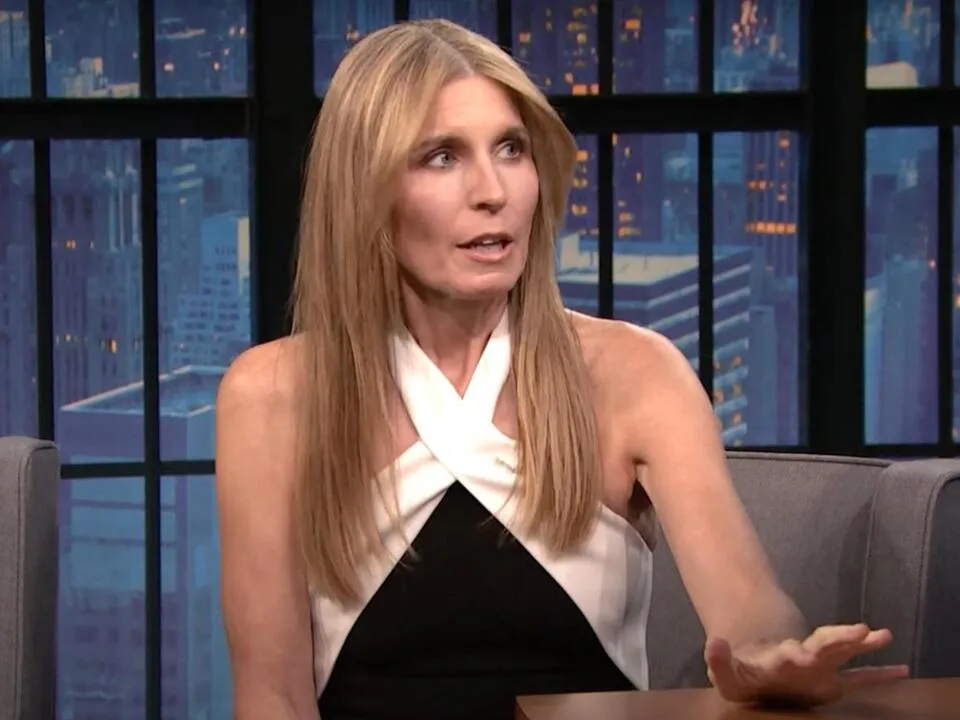Nicolle Wallace: ‘2024 Election Stakes Are Life or Death for Women’ Sparks National Debate
In a recent broadcast, MSNBC host Nicolle Wallace made a bold statement regarding the upcoming 2024 election, declaring that the stakes are “literally life and death for every woman in America.” This assertion has ignited a national debate about women’s health and reproductive rights, emphasizing the critical nature of these issues as Election Day approaches.
Wallace’s comments were underscored by the influence of former First Lady Michelle Obama, who spoke at a campaign event in Michigan. Obama urged men to consider how restrictions on women’s healthcare access could impact the women in their lives. This call for empathy and awareness resonated with many, as it highlighted the interconnectedness of healthcare issues and personal relationships.
The potential loss of access to reproductive healthcare, as Wallace pointed out, could have dire consequences. For instance, women may face increased risks for conditions like cervical cancer due to a lack of regular gynecological care. This alarming possibility raises questions about the broader implications of restricted healthcare access, not just for women but for families and communities as a whole.
The ramifications of limited healthcare access extend beyond individual health concerns. Issues such as teen pregnancy and maternal health complications could disrupt lives across the board, affecting men, women, and children alike. Wallace framed her commentary as a call to action, urging men to take seriously the potential consequences for their loved ones if healthcare access is diminished following the election.
As the 2024 election draws near, Wallace stressed the importance of recognizing what is at stake regarding women’s rights and healthcare. She framed this moment as pivotal for American democracy and gender equality, urging voters to consider the long-term effects of their choices at the ballot box. The urgency of her message reflects a growing awareness of the critical nature of reproductive rights in the current political climate.
The public response to Wallace’s statements, along with Obama’s remarks, has sparked a national debate about women’s rights and healthcare access. Many are questioning the responsibilities of voters in shaping policies that affect personal health decisions. This dialogue is particularly relevant in light of recent legislative changes affecting reproductive health at both state and federal levels.
Media coverage of this issue has been extensive, with various outlets discussing the implications of Wallace’s remarks and the broader context of women’s rights in the 2024 election cycle. The conversation reflects ongoing political polarization in the U.S., particularly regarding reproductive rights, which have become a central issue in many campaigns leading up to the election.
Historically, the discussion surrounding women’s rights in America has been fraught with challenges and victories. The current climate, marked by recent legislative changes, underscores the importance of continued advocacy for reproductive rights. As Wallace and Obama have highlighted, the stakes are high, and the consequences of inaction could be profound.
In conclusion, Nicolle Wallace’s assertion that the 2024 election represents a critical juncture for women’s health and reproductive rights has sparked a necessary national debate. As voters prepare to head to the polls, the implications of their choices will resonate far beyond Election Day. The call for awareness and action is clear: the future of women’s rights and healthcare access hangs in the balance, and it is up to each voter to consider the impact of their decisions on the lives of women across America.






Leave a Comment